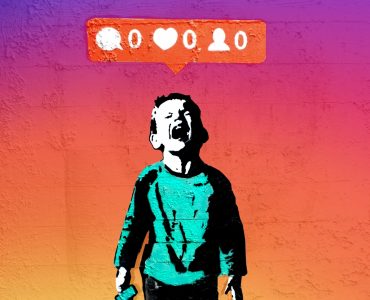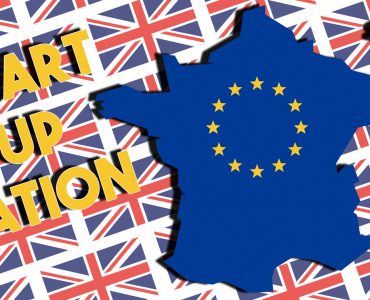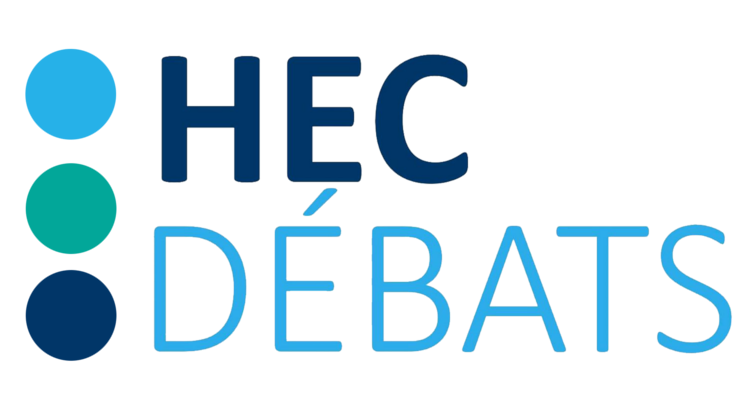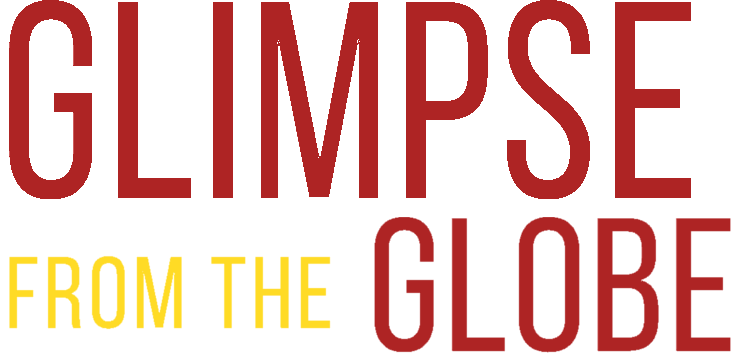The death of journalism has long been predicted. Yet this is an egregiously inaccurate estimation of the journalism industry. Print – that is, the actual production of physical newspapers – may be on its deathbed within the next half-century, but journalism itself is alive and thriving, and should be for the foreseeable future. As the world has evolved, and with the advent of different media throughout history, the infrastructure of journalism has continually changed; however, the need for thorough, accurate, and insightful reporting has remained steady.
The journalism industry has already begun to rapidly change and will continue to do so for the foreseeable future. As we experience these changes (and embrace them, as we somehow must), we have to ask ourselves, what has to remain the same? It is in answering this question that we will be able to fully define journalism. One such shift we have witnessed is “…massive changes in control, and finance, putting the future of our publishing ecosystem into the hands of a few, who now control the destiny of many,” (Bell). Except instead of those “special few” being knowledgeable and seasoned editors, they are the tech giants and Silicon Valley wunderkinds who are familiar with coding, rather than AP style.
There is a serious danger in this shift, namely because we are handing the reigns, to this very important part of our lives, over “…to a very small number of people, who are unelected and unaccountable,” (Bell). What all of a sudden gives them the capability to perform this supremely taxing, but critical, task? Well, put simply, nothing. And, in actual fact, it’s not really the Mark Zuckerbergs of the world who have taken over the role of editor because “now the news is filtered through algorithms and platforms which are opaque and unpredictable,” (Bell). Indeed, entire companies have been founded on the very basis of this new reality. But there is a danger in neglecting human judgment; human curation is important. Derek Brown, editor of The Sun, described an instance when though the new pope had just been elected, his newspaper’s analytics system kept telling his team to push the pope story to the bottom of their home page in favor of one about Katy Perry – because people like reading about Katy Perry (Petre). This is as absurd a notion as it sounds.
It isn’t just tech giants and algorithms that we have to fear, however; it is also our friends and family, who have somehow become our daily editors in this rapidly shifting media landscape. Inadvertently, your friends and family have become your editors – a role you never envisaged for them, and one they are not equipped to take on.“
As social networking sites recognize and adapt to their role in the news environment, each will offer unique features. These different ways of connecting with news have implications for how Americans learn about the world and their communities, and for how they take part in the democratic process,” said Amy Mitchell, Pew Research Center’s Director of Journalism Research (Lichterman).
There is a vicious cycle of social networking sites making it more and more enticing for information and content to be shared, and then users of these sites playing into the game – making it so that there has been a substantial increase in the percentage of Facebook and Twitter users looking to these platforms for news since 2013 (Lichterman). The issue with this becomes the curation you are dealt. For one, you are more likely to be seeing certain topics on different social media sites (e.g. Twitter: breaking news; Facebook: politics and entertainment). Not only are you being sheltered from breadth of content, but your news intake is being curated by your friends, which in Facebook terms typically means people you may even know just peripherally. Bottom line, however, is that your friends are your friends. They should not be your editors. It’s too important a job. Editing is a central tenet of the trade, of the industry. As former executive editor of The New York Times expressed in 2010, “We believe readers come to us for our judgment, not the judgment of the crowd. We’re not American Idol,” (Petre).
Running fiercely against this key pillar of journalism is the increase in personalization, when it comes to digital news consumption. While we might hope that intellectuals would have the wherewithal to seek out information and expand their minds in varying directions, we have to also consider the undereducated and ignorant (who incidentally make up the majority of the global population) and how their news habits will be transformed. Especially with the increasing death of local papers, which were once read by the average person nationwide in the United States, for instance, (education level aside), instead people now take to Facebook to share heavily biased news sites spouting vitriol and unsubstantiated claims, the very pits of the journalistic cauldron.
By insulating what information we let into our personal bubbles, we are neglecting to expand our horizons. Indeed, “Americans’ changing news habits have a tremendous impact on how and to what extent our country functions within an informed society. So too does the state of the organizations producing the news and making it available to citizens day in and day out,” (Mitchell). There has been an advent of aggregate news sources such as Flipboard (a mobile app in the format of a magazine) and Apple News, which serve to fuel this emerging trend. These types of apps and services allow the consumer to input what kinds of stories they enjoy reading or which types of publications they tend towards, and over time the algorithms behind these apps begin to learn a person’s preferences, only offering applicable stories. This is a particularly risky path journalism may potentially be gearing toward; this ultra-personalization is a dangerous phenomenon because journalism is not just about presenting the public with information they want to know, but also information that they should know – information they must know. Journalism is the mechanism for exposure and understanding. If journalism’s work is informing the public, then that means exposing people to all manner of ideas and opinions. How can a person be truly informed without understanding the views, which oppose his or her own?
In pragmatic terms, no matter the relationship between journalist and subject, “journalism institutions play a vital role in the democratic process…” (Christensen). Much time can be spent defining journalism, but its province must also be considered. Journalism plays a vital role in democracy; functioning as the Fourth Estate is journalism’s most critical function – if not also its primary function. It is not at all unsurprising that the most severe dictatorships and countries without functioning democracies are always also homes to fettered press. Journalists are not allowed to do their job because it is understood that things cannot be hidden when journalists do their job – and do it correctly. The public has a right to knowledge, and producing quality and important journalism is truly a civic duty – one that allows for the presentation of this vital knowledge.
Now that journalism has been defined, and the potential perils of this new digital media landscape have been pinpointed, the issue then becomes how to conflate the two competing arms into one cohesive whole. “Clearly, there is a need for what Jim Moroney, publisher and CEO of The Dallas Morning News, calls PICA: Perspective, Interpretation, Context and Analysis,” (Christensen). And this is something that a journalist is able and trained to do. Despite the rise of civilian journalists, a random person with an iPhone cannot perform this task. Understanding this, and understanding what journalism represents is the first stepping-stone to learning how to change processes and adapt to this modern news landscape, which now confronts us. We must learn how to take the core tenets and shift them onto this strange, new paradigm. Journalism is important, and it is here to stay – but it is up to us to ensure that its ideals are respected and maintained as it endures.
Illustration
Montage by Eleanor Sugrue for KIP
Sources and footnotes
News on Twitter and Facebook.” Pew Research Center. N.p., 14 July 2015. Web.
• Bell, Emily. “Facebook Is Eating the World.” Columbia Journalism Review. N.p., 7 Mar. 2016. Web.
• Christensen, Clayten M., David Skok, and James Allworth. “Breaking News: Mastering the Art of Disruptive Innovation in Journalism.”Nieman Reports. N.p., 15 Sept. 2012. Web.
• Friendly, Fred W. “Was Trust Betrayed?” The New York Times. N.p., 25 Feb. 1990. Web.
• Kovach, Bill, and Tom Rosenstiel. The Elements of Journalism: What Newspeople Should Know and the Public Should Expect. New York: Crown, 2001. Print.
• Lichterman, Joseph. “New Pew Data: More Americans Are Getting News on Facebook and Twitter.” Nieman Lab. N.p., 14 July 2015. Web.
• Malcolm, Janet. The Journalist and the Murderer. New York: First Vintage, 1990. Print. Mitchell, Amy. “State of the News Media 2015.” Pew Research Center. N.p., 29 Apr. 2015. Web.
• Petre, Caitlin. “The Traffic Factories: Metrics at Chartbeat, Gawker Media, and The New York Times.” Tow Center for Digital Journalism. N.p., 7 May 2015. Web.
• Shearer, Elisa. “5 Key Takeaways about Twitter, Facebook and News Use.” Pew Research Center. N.p., 14 July 2015. Web.
• Silverman, Craig. “Lies, Damn Lies and Viral Content.” Tow Center for Digital Journalism. N.p., 10 Feb. 2015. Web.
• “What Is Journalism?” American Press Institute. N.p., n.d. Web.

